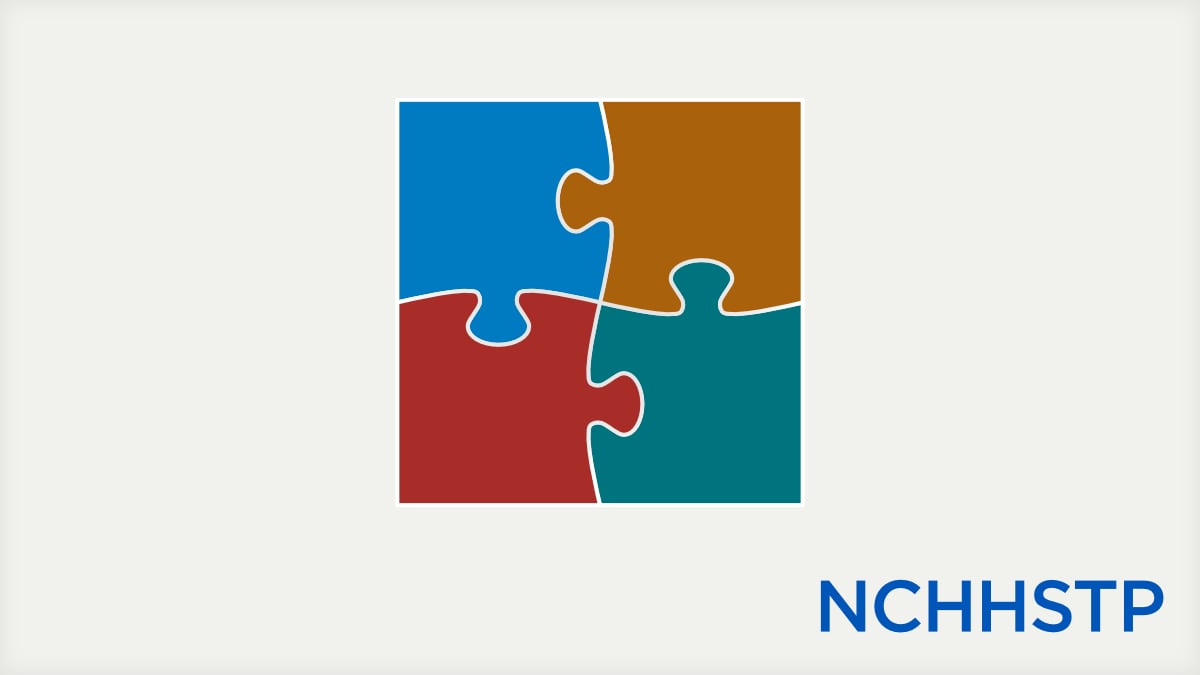At a glance
A vital component of the NCHHSTP Equity Initiative strategy, the NCHHSTP Workforce analyses were developed to examine current NCHHSTP workforce data, spotlight potential disparities, and guide action to ensure the Center’s workforce reflects diversity and equity by race, ethnicity, sexual orientation, gender identity, and ability.

Workforce analyses

In 2021, NCHHSTP established its Equity Initiative to optimize synergies between the Center's existing equity activities and help identify additional strategic opportunities to embed equity into the framework of NCHHSTP's workplace operations and public health programs. In support of this goal, NCHHSTP conducts regular analyses of workforce dataA to spotlight potential disparities, and guide action to ensure the Center's workforce reflects diversity and equity by race, ethnicity, sexual orientation, gender identity, and ability.
These analyses reflect available information in human resource databases as well as aggregated, self-disclosed information collected from volunteer workforce surveys. NCHHSTP workforce analyses will be updated as new data become available.
Using workforce data, NCHHSTP will establish new recruitment activities focused on:
- Increasing underrepresented populations in the applicant pool
- Reducing any unconscious bias in the screening and interviewing process
- Implementing a barrier analysis process to identify root causes of disparities in workforce diversity
- Removing any barriers that lead to disparities
Race/ethnicity and gender in 2024
This analysis highlights the most recent race/ethnicity and gender (men/women) characteristics of NCHHSTP's workforce. It also identifies key areas for improvement and establishes a baseline for comparison as we continue to improve race/ethnicity and gender parity in our workforce.
Workforce diversity: 2014-2024
This analysis highlights NCHHSTP workforce demographic data trends, comparing the years 2014 and 2024. These data are informing NCHHSTP recruitment, screening, and interviewing practices. Other improvements include internal policies to ensure an increase in diverse representation and to prevent discrimination.
Sexual orientation and gender identity representation
NCHHSTP is committed to meeting the needs of lesbian, gay, bisexual, transgender, and queer or questioning (LGBTQ+) employees. Sexual orientation and gender identity (SOGI) data are essential for informing supportive workforce policies and practices.
In 2021, NCHHSTP implemented the "Everyone Counts" Survey to gather information on SOGI diversity within the NCHHSTP workforce—the first survey of its kind conducted at CDCB. This analysis summarizes the results of this voluntary and anonymous survey and establishes a baseline for comparison as we monitor the future workforce.
- NCHHSTP workforce data for the Race/Ethnicity and Gender in 2024 and Diversity in 2024 and 2014 only includes information on full-time employees. It does not include contract staff, Senior Executive Service, or Commission Corps of the U.S. Public Health Service.
- NCHHSTP workforce data for the Sexual Orientation and Gender Identity Representation includes information from full-time employees, Senior Executive Service, or Commission Corps of the U.S. Public Health Service. It does not include contract staff.
